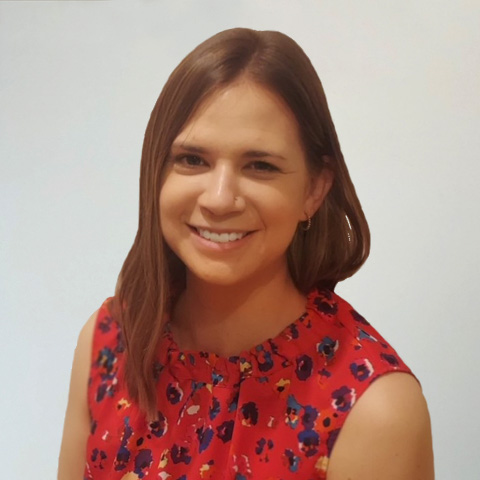
Amy Rowland
Circular Economy Project Manager
Working in the service industry for nearly a decade showed me how much society throws away every day. It’s crucial we view these materials not as waste, but as opportunities for recycling and reuse. To create systemic change, we must find effective ways to channel our vision for circularity into practical, evidence-based solutions.
Amy Rowland has supported U.S. domestic and international programs that reduce the environmental and health impacts of material production and waste management. She is passionate about helping clients and the public understand and reduce the lifecycle impacts from resource extraction, processing, and end-of-life management and helping to grow the domestic recycling economy. For federal clients, Amy has conducted waste audits, led technical assistance and capacity-building efforts, developed emissions inventories, and developed accessible user-friendly resources on waste management best practices. Her conference and event planning experience includes participation in international meetings where she coordinated four panels and presented on the intersection of waste and health at the International Solid Waste Association’s inaugural waste and resources pavilion.
As a circular economy project manager, Amy is thrilled to be supporting implementation of the U.S. Environmental Protection Agency’s historic solid waste infrastructure improvements and battery recycling efforts to support the U.S. waste and recycling industry. She is well-versed in food waste reduction, waste methane policy and technical solutions, domestic and international plastic pollution reduction strategies, extended producer responsibility, and quantifying emissions impacts of material-specific waste management pathways. She helped develop the World Wildlife Fund’s ReSource Footprint tracker—the reporting mechanism used by ReSource Plastic and U.S. Plastics Pact members to understand their plastic footprint and track progress on commitments. She also helped EPA’s Region 10 office draft the Oregon School Food Share Guide, which outlines steps schools can take to reduce and divert cafeteria waste through share tables and food donation.
Amy holds an M.S. and an M.P.A with a focus on environmental management from Indiana University’s O’Neill School of Public and Environmental Affairs (go Hoosiers!) and a B.A. with a focus in environmental decision-making from the University of North Carolina at Chapel Hill (go Heels!). Outside work, she enjoys playing volleyball, reading, and traveling whenever and wherever she can.